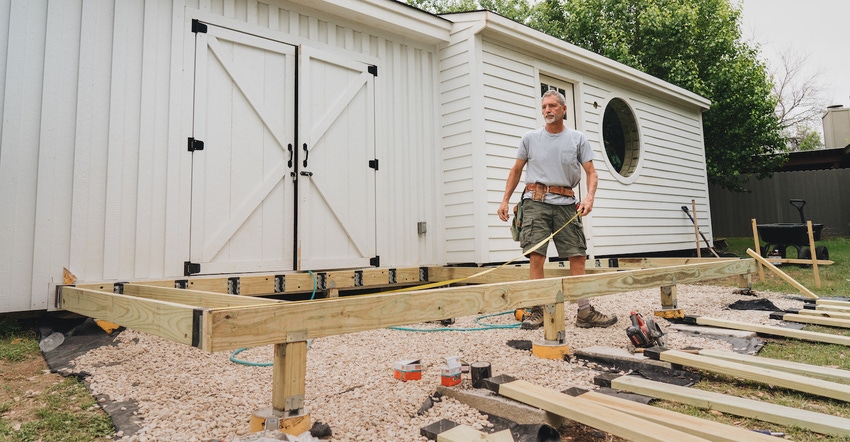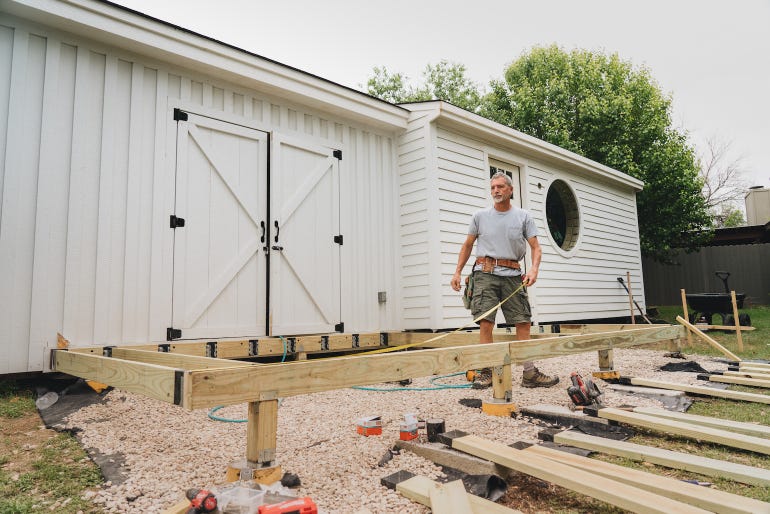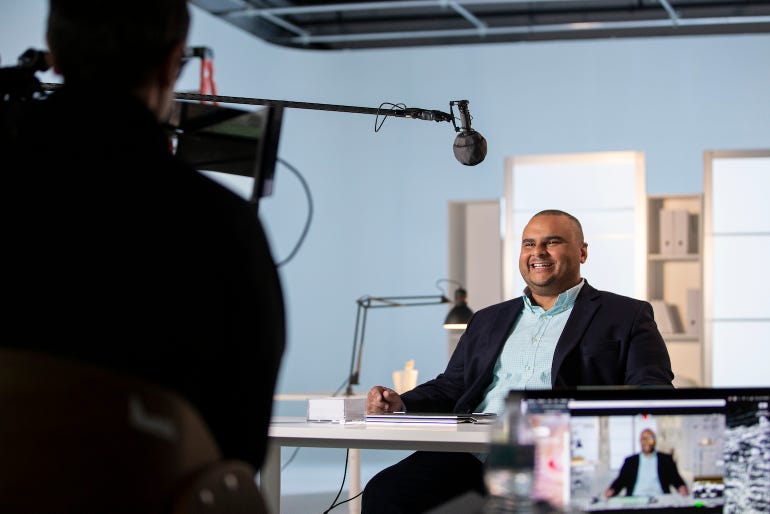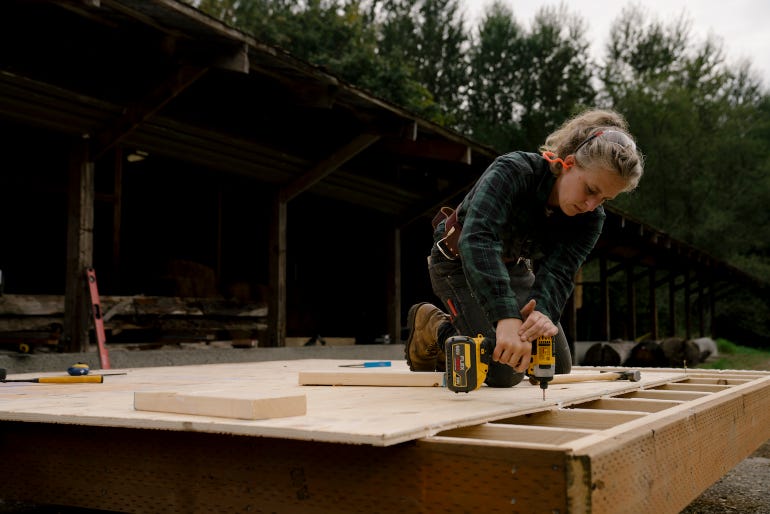Why Widely Available, Entry-Level Training is Vital to Success
Gabe Jewell, CEO and co-founder of MT Copeland, shares his insights and expertise on the importance of providing entry-level training for the trades and how implementing even a simple training program can positively impact your company.

We hear and discuss time and again the difficulties brought on by labor shortages and the lack of skilled tradespeople available in the current workforce. Often, a significant barrier to entry for those who may be interested in pursuing a career in the trades is how to get started. How do you begin to learn a trade if it's not a family business or offered as part of a high school curriculum? Where do you turn?
Thanks to the growing interconnectedness online, those questions are easier to answer with each passing day. Contributing to the solution are a range of educators bringing their training and expertise to audiences in person, of course, but increasingly online, too. 
For this edition of the Fast Five—a Q&A series spotlighting the insights and expertise of construction industry experts—we spoke with MT Copeland CEO and Co-founder Gabe Jewell on the importance of providing accessible, entry-level training to those coming into the trades and those looking to pivot their careers.
MT Copeland is a cutting-edge learning platform seeking to reinvent skilled trades education through informative and engaging online courses. Additionally, Jewell's background includes work as supervising creative producer at MasterClass and executive producer at Story Pirates, an education and media company that works with actors and comedians to make learning more engaging.
Why is it important for contractors to provide basic training to entry-level workers in the trades?
Jewell: Contractors are often faced with the same problem: There aren't enough skilled professionals in their area, so they take matters into their own hands by hiring people who don't have trades experience but who are willing to show up and work hard. That means it's beyond important for contractors to provide that basic training—it's necessary.
There's also clear data that shows that employees are more likely to stick with an employer who invests in their learning. So, training both prepares new workers for the job and makes them less likely to move on to another role elsewhere. 
How does providing training in an accessible, on-demand manner help with industry challenges, such as the labor shortage?
Jewell: One key element of addressing the labor shortage is removing barriers to entry and advancement in the industry. Suppose the only way to learn a skill or knowledge is to drive across town before or after work to a training facility, where instruction is only happening in English. In that case, that may be an amazing learning environment, but it just decreases the number of people who are able to benefit. Learning is a constant process—there's no one-size-fits-all solution, and the ability to learn needs to be everywhere.
What have you found to be the key to making learning more engaging, whether you're working with new construction professionals, athletes or the average online classroom learner?
Jewell: The primary thing that unites all learners—no matter who they are, where they come from, or what they're learning—is this: People learn better when they want to learn what's being taught. It sounds silly, but it's the bedrock of all effective education. The learner has to want to learn.
So, how do you make that happen? You start with respect for the learner. Respect helps you do simple things that matter, like not wasting the learner's time, making sure they understand why what they're learning is essential, and never speaking to them in a condescending manner. 
Respect goes a long way, but it's not the whole picture. In the internet age, learning is competing for attention against the most exciting media and entertainment that's ever existed. So, you have to package the learning in a way that grabs people. We do this at MT Copeland through visually stunning filmmaking, but it can be done through a game, comedy or storytelling. Humans have been teaching with stories for thousands of years for a reason.
How would you suggest business owners and contractors first implement new training processes for their employees?
Jewell: A strong first training program can be really simple. First, do a quick analysis of the skills you wish your team had. Then, take 10 minutes to list your employees and the top three to five skills that would make each employee more valuable tomorrow.
Now, pick the four skills that show up most often, and make a simple schedule: Next week, we're going to learn to read elevations. Two weeks later, we're going to learn to check for level and plumb.
Then, do it as a team. It can be beneficial to involve the more experienced folks. Let them in on the process, ask for their help, and make it a conversation.
After just a few weeks, the team's mindset will shift. Your company will start to feel like a learning organization.
Then you can start to get more advanced with skills checklists per position and (importantly) progress toward tying pay increases to learning. New employees will be excited to learn if they know it's part of the company's culture, and they'll see the opportunity to earn more as they learn new skills. 
How do you see the construction industry changing due to more widespread and varied training opportunities in the coming years?
Jewell: More training makes the industry easier to enter, creates more visibility for the great jobs available, and increases the skills of everyone industrywide. Even if people move from company to company, there will be a higher-quality talent pool for all companies.
This stuff is table stakes for every industry at this point—younger workers will expect it—and construction is no different. It's coming, though, and I'm excited for construction's future.
Read more about:
Fast 5About the Author(s)
You May Also Like




